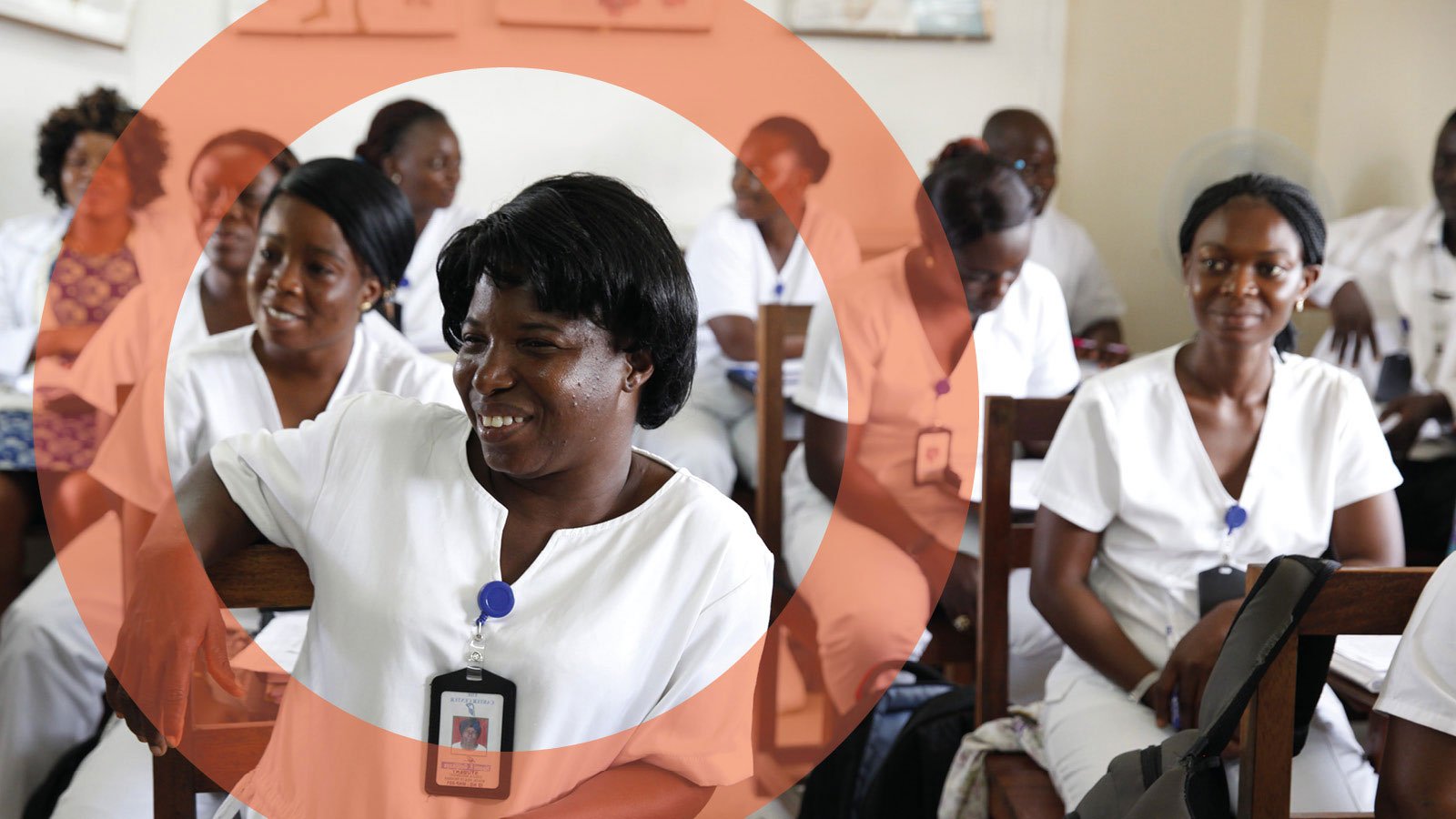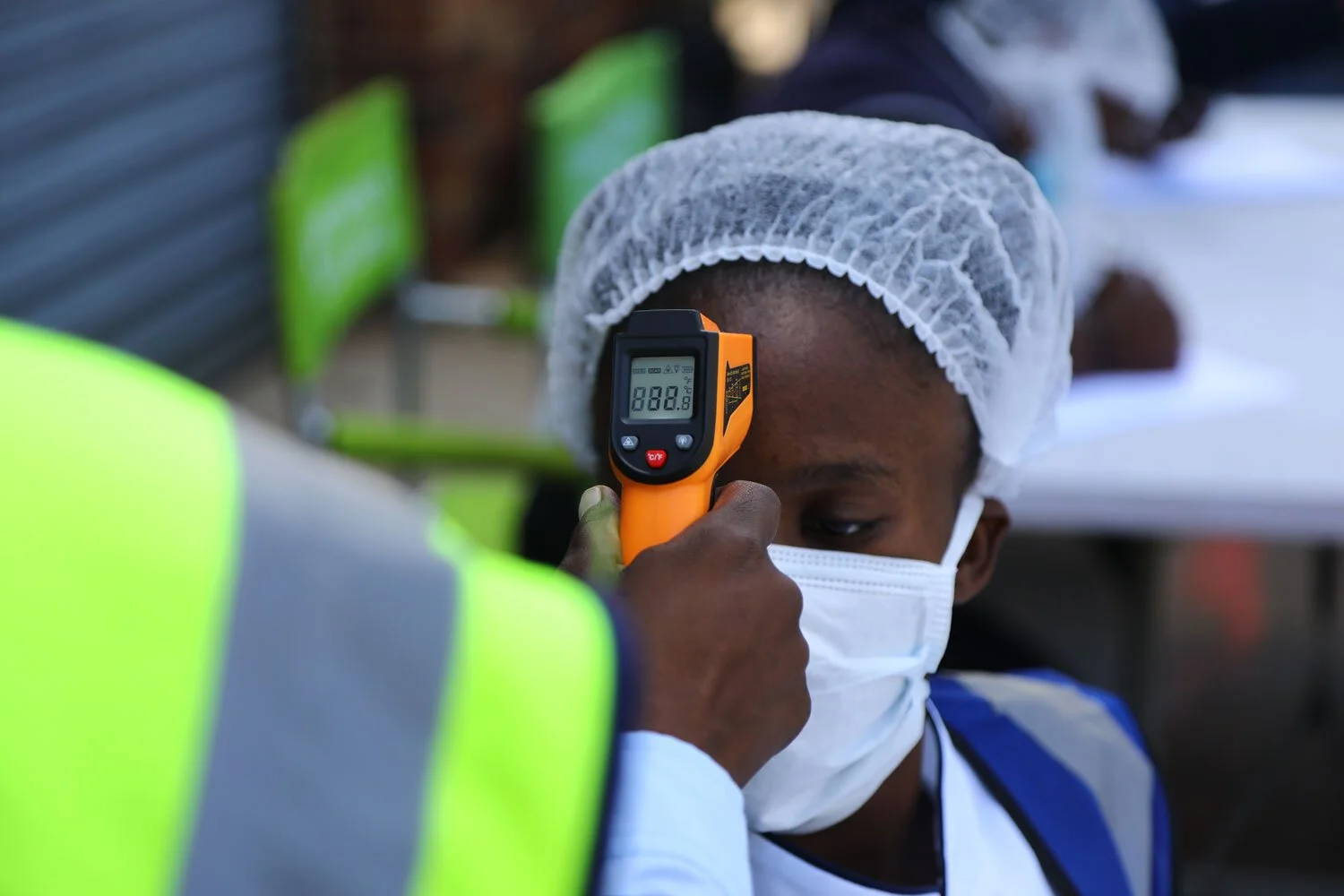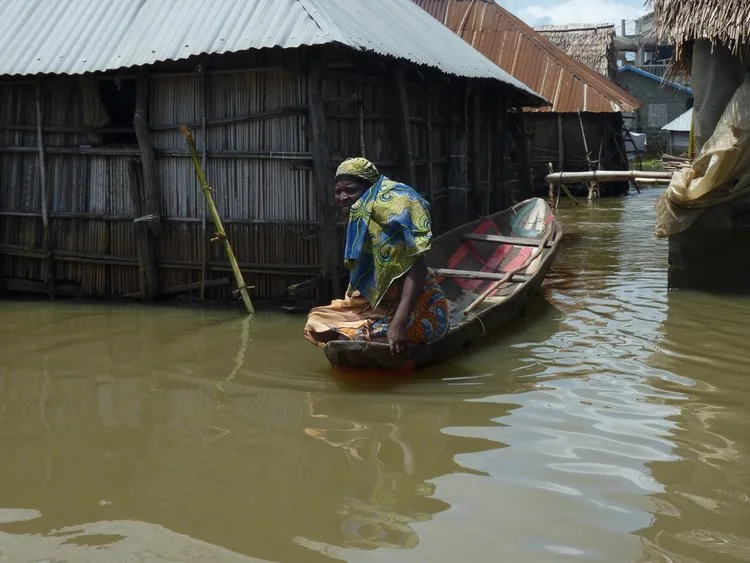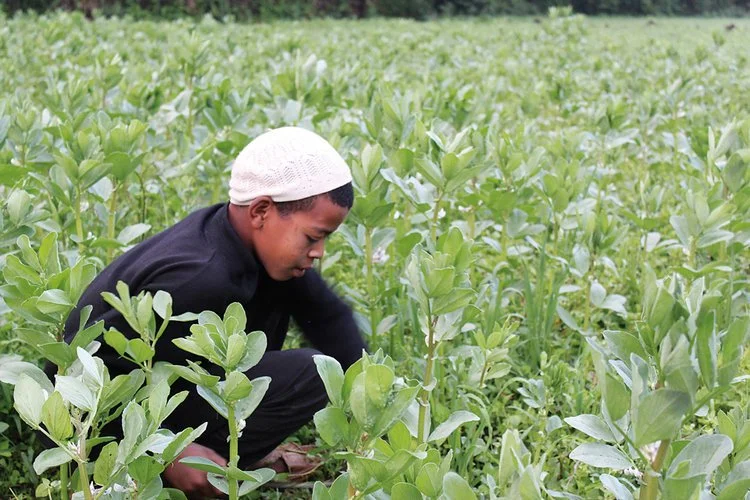
BLOGS
The future of pandemic financing: What can we learn from the Pandemic Emergency Financing Facility?
by Zoë Scott, Head of Multilateral Programmes, Centre for Disaster Protection
There has been a lot of media interest and discussion online about the World Bank’s Pandemic Emergency Financing Facility (PEF) in light of covid-19. The PEF was launched in 2017 and was an ambitious innovation, intended to help deliver finance to the world’s poorest countries if faced with a pandemic. The insurance window has now triggered for covid-19, which is good news, although the timing is far from ideal given that we know early action is the most effective approach when responding to disasters (more on timeliness and triggers in a future blogpost).
At every stage, acting early pays
by Ruth Hill, Chief Economist, Centre for Disaster Protection
Covid-19 is the largest global shared experience of crisis since the Second World War. This shared experience is giving many of us a personal understanding of some fundamental truths about crises that we had hitherto, luckily, avoided. Perhaps most notably, we are learning the value of acting early to reduce impacts—and that the economic and social repercussions are large and will be long-lasting. As we replay the past few months in our heads it is hard to not think about the actions that could have been taken to limit the spread of the disease. The benefits of acting early—such as travel restrictions to contain the spread or investing in testing capacity—are painfully clear to us. This is something that we have seen play out across crises in the past. From pandemics to floods to drought, we often respond too late. But when we collectively get it right and respond early, we save lives and reduce the economic cost.
Covid-19 caught the world off guard - pandemics must never surprise us again
by Daniel Clarke, Director, Centre for Disaster Protection
Covid-19 caught the world off guard. Public health experts and commercial risk modellers knew that something like this was quite likely, and that the world was woefully underprepared. A long line of the great and the good, from Bill Gates to the World Health Organization, pleaded with the world to listen to the experts and invest in prevention and preparedness before it was too late, but the money didn’t come.
Q&A with Daniel Clarke, Director
The Centre for Disaster Protection has now appointed its full leadership team. You can find out more in a series of Q&As with each of them. Here Daniel Clarke, Director, talks about who has inspired him and what in DRF is exciting him currently.
Q&A with Sophie Evans, Associate Director - Advisory
The Centre for Disaster Protection has now appointed its full leadership team. You can find out more in a series of Q&As with each of them. Here Sophie Evans, Head of Country Programmes, explains what she’s excited to get working on and why the COP was her favourite conference of 2019.
International financial institutions need to do more to protect the poorest from disasters
Wars, bad weather and unstable geology threaten to return millions of people to poverty and remain a major obstacle to others making their first escape. From flood swept-Mozambique to drought-stricken Somalia to war-ravaged Yemen we witness the terrible human and economic costs of crises. The poorest people in the poorest countries bear the brunt. They are six times more likely than people in rich nations to be injured, lose their home, be displaced or require emergency assistance. Climate change threatens to make things worse, pushing a further 100 million people into extreme poverty by 2030.
Event: ‘Re-thinking disaster response’ at the World Bank Civil Society Policy Forum
Re-thinking disaster response: how the World Bank and CSOs can work better together via disaster and crisis risk financing.







